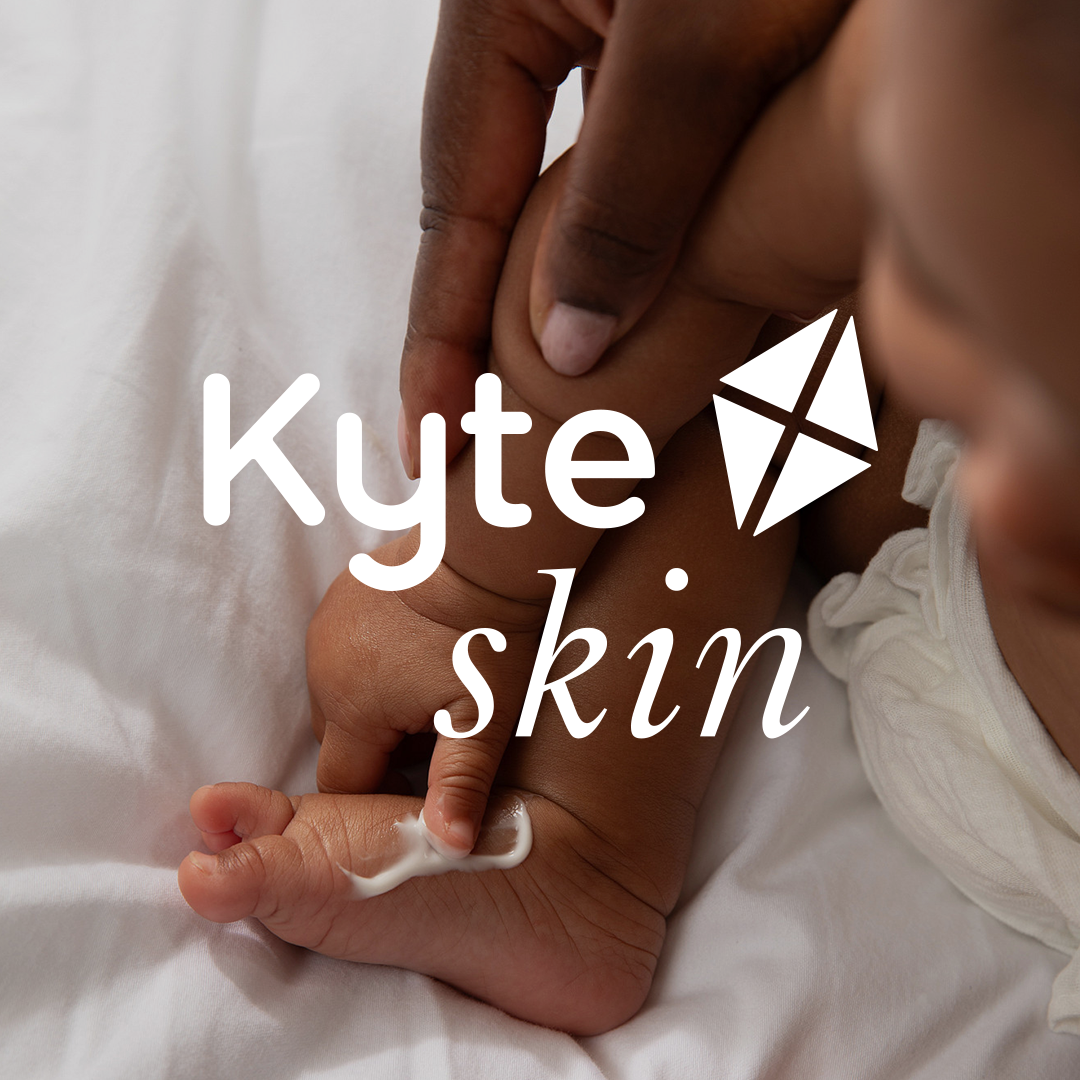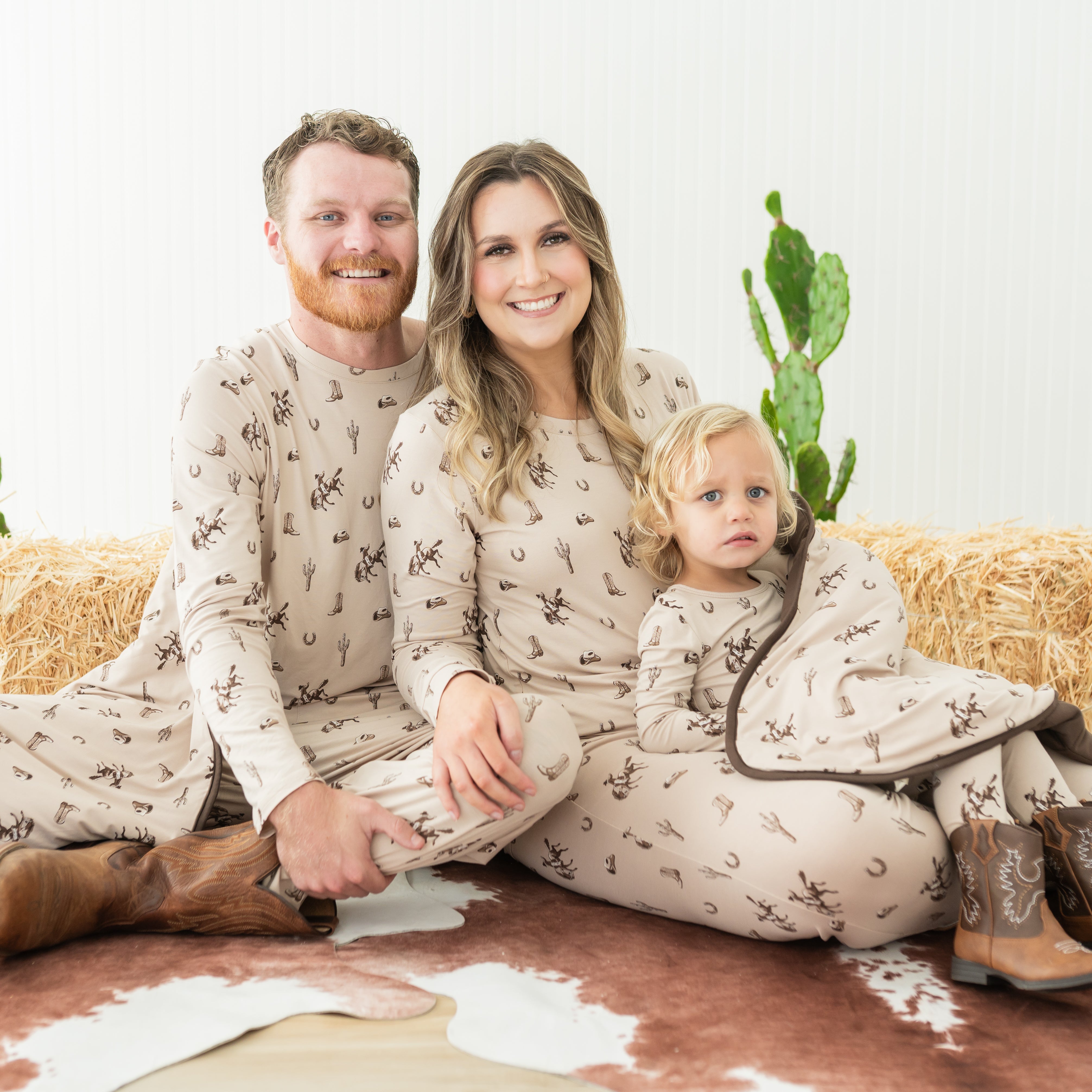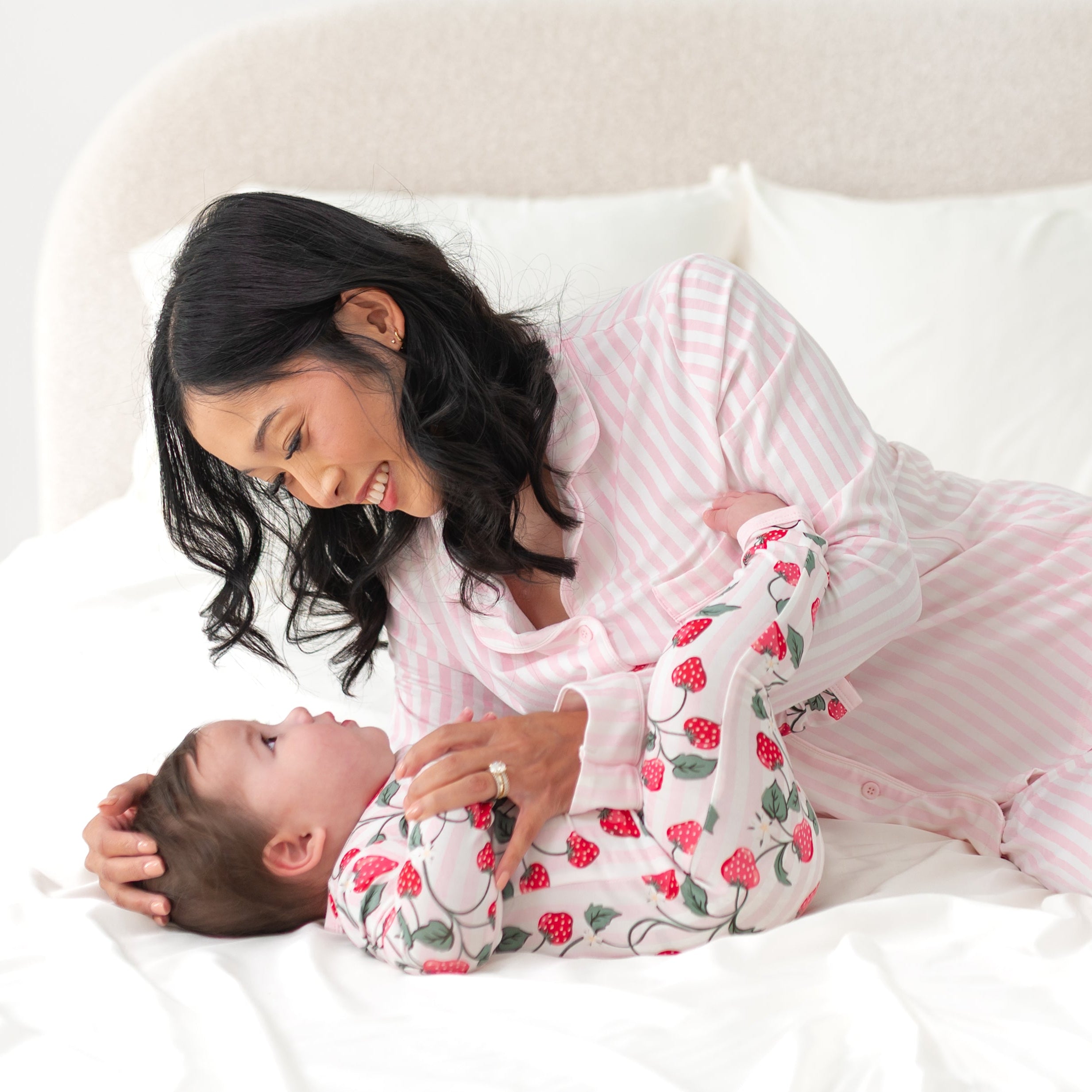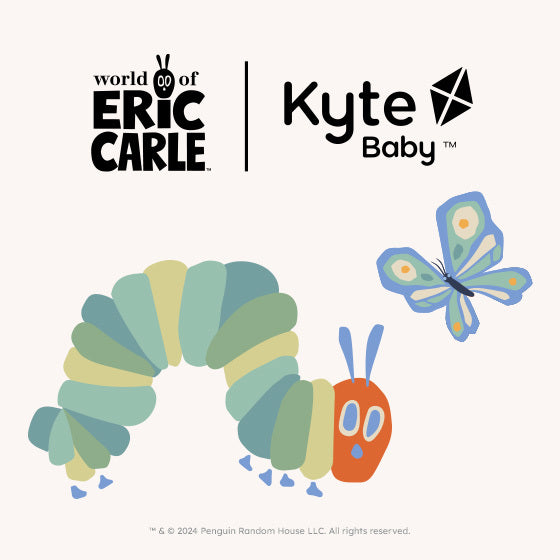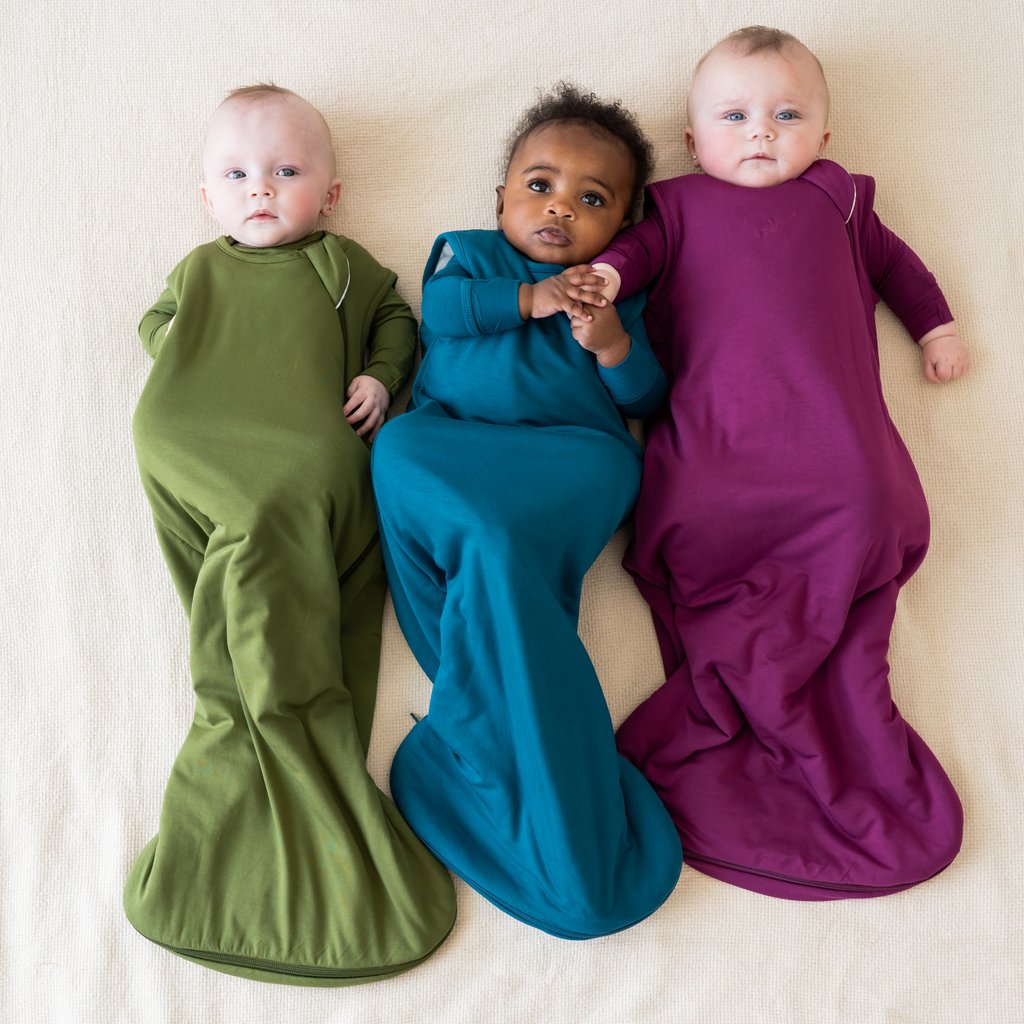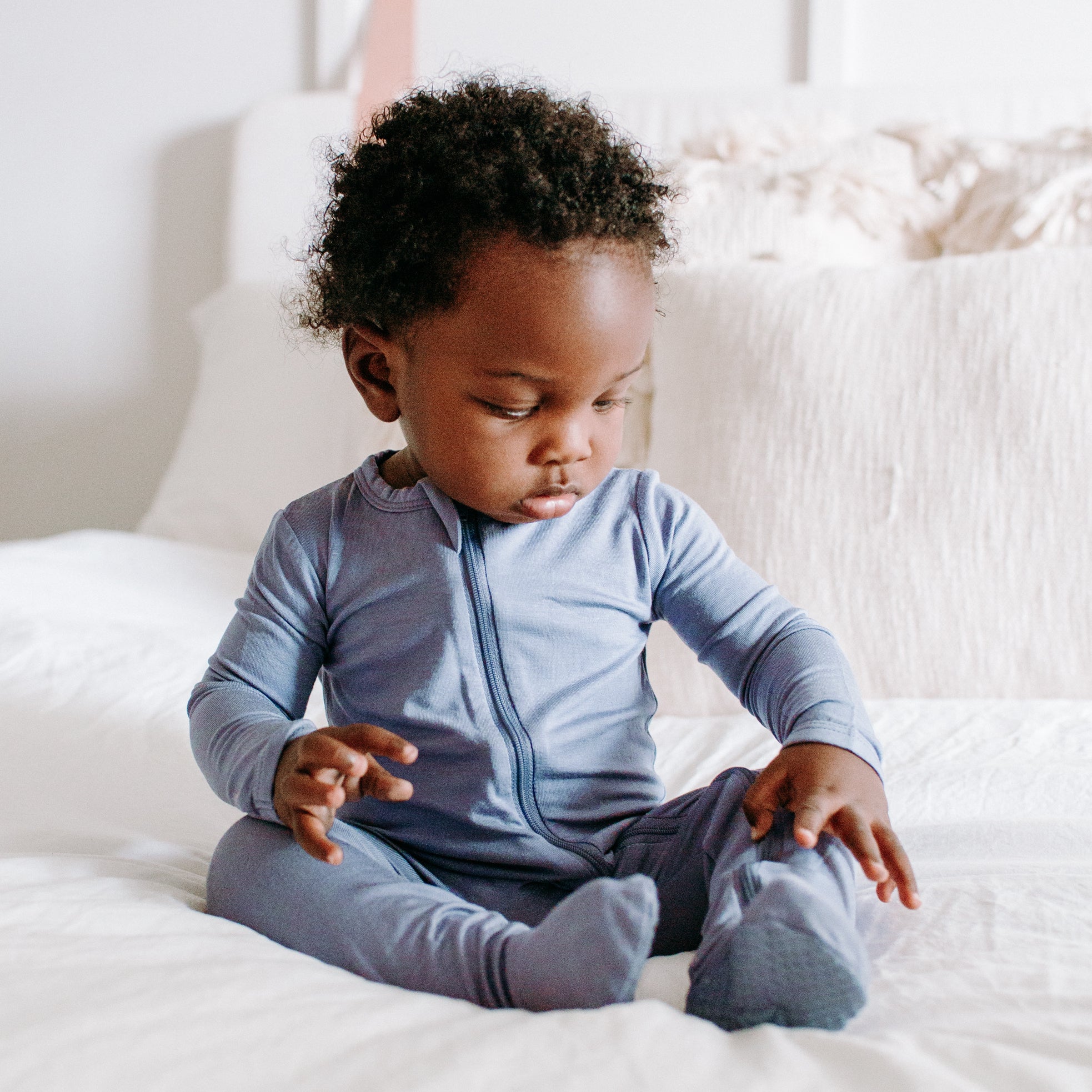Trigger warning: This post discusses infant loss due to SIDS and SUID.
It’s every parent’s worst nightmare and it happens to about 3,400 babies in the United States every year. Without needing more specifics, every parent reading this knows exactly what nightmare is being referred to. It’s not something we always talk about openly, but it’s near impossible to have a baby without having the fear of Sudden Unexpected Infant Death (SUID) creep into our minds.
For many parents, that fear claims a permanent spot in the consciousness, almost becoming an obsession. If you can relate, you’re far from being alone. Smart socks and other heart rate monitors, though actually recommended against by the American Academy of Pediatrics, are popular baby registry items for a reason. Even with these devices, is there any parent who doesn’t check 30 times a night to make sure their baby is breathing?
What is Sudden Unexpected Infant Death?
SUID can be broken down into three commonly reported types: Sudden Infant Death Syndrome (SIDS); unknown cause; and accidental suffocation and strangulation in bed. The words alone are harrowing enough. More than 90% of SIDS deaths occur before 6 months of age, but babies are still at risk until their first birthday. Parents who have lost a child this way suffer through unbearable grief that comes with complicated emotions of guilt and anger.
One of the most difficult things to comprehend about this life-threatening risk in the first year is that there is still so much that is unknown about SUID. Although the exact cause of SIDS may never be discovered, there are ways to reduce the risk of SIDS and sleep-related causes of infant death.
Supporting First Candle
Simply put, awareness is the key to prevention. In light of October being National Pregnancy and Infant Loss Awareness Month, we chose First Candle as our October charity to donate to.
What Does First Candle Do?
Established over 35 years ago, First Candle is a national non-profit organization committed to ending Sudden Infant Death Syndrome (SIDS) and other sleep-related infant deaths while providing bereavement support to families who have experienced a loss. In 1994, First Candle partnered with the National Institutes of Health on the Back to Sleep campaign, which led to a reduction in the rate of SIDS by more than 50%.
Despite this huge win for parents, SUID remains the leading cause of infant death today, and First Candle says its work is far from done. The nonprofit has a clear objective: saving babies and supporting families. It works with local organizations throughout the country to educate new and expectant parents on the importance of a safe sleep environment for their babies. For those who have lost a baby, it provides bereavement support and counsel.
Although SUID can happen to any family, the rate of SIDS and accidental suffocation is 2.5 times greater in lower socio-economic populations than the general population. This disparity is thought to be caused by the lack of resources and education available to these parents. First Candle recognizes that cultural, economic, and societal factors play a role in the adoption of pre- and post-natal health, safe sleep, and breastfeeding recommendations. To address this properly, the organization incorporates information on key issues of safe infant sleep into outreach messages, materials, and activities that are easy to understand.
Increasing Awareness of Safe Sleep Guidelines
Many parents are unaware of the risks that innocuous items like blankets and soft toys pose to infants. Although the American Academy of Pediatrics (AAP) puts out safe sleep guidelines, too many parents and caregivers are not provided with sufficient information, and tragedy occurs because they were unaware. Experts say that by educating new and expectant parents on Safe Sleep guidelines and increasing adherence, the rate of these deaths could be reduced by as much as 50%.
Straight Talk for Infant Safe Sleep
First Candle developed the Straight Talk for Infant Safe Sleep program, which trains and fosters a collaboration between community leaders, social workers, public health providers, and hospitals to educate parents and caregivers on not only how, but why, to create a safe sleep environment for their baby. The program teaches trainees how to help parents create a plan about how to implement safe sleep, reduce exposure to secondhand smoke, and encourage breastfeeding—all while taking their beliefs, values, and living and working situations into consideration. This tailored and individualized outreach sets up families for success and plays a huge role in saving babies’ lives.
How to Reduce the Risk of SIDS
There are no words to explain the all-consuming grief of losing a child. No parent ever expects to outlive their babies, and the loss is profound. Although SUID is not completely preventable, parents should take all possible measures to reduce the risk:
- Always put baby on his back to sleep, for naps and at night, to reduce the risk of SIDS
- Use a firm and flat sleep surface, such as a mattress in a CPSC safety-approved crib, covered by a fitted sheet with no other bedding or soft items in the sleep area
- Breastfeed your baby, if possible, to reduce the risk of SIDS
- Room-share, but do not bed-share, for the first year
- Do not put soft objects, toys, crib bumpers, or loose bedding under baby, over baby, or anywhere in baby’s sleep area
- Do not smoke during pregnancy, and do not smoke or allow smoking around your baby
- Give your baby a pacifier for naps and nighttime sleep to reduce the risk of SIDS
- Do not let your baby get too hot during sleep
- Follow health care provider guidance on your baby’s vaccines and regular health checkups
- Avoid products that go against safe-sleep recommendations
- Give your baby plenty of supervised tummy time during awake time
By following the recommended guidelines, you are making it as safe as possible for your baby. The SUID rate has declined considerably, beginning in 1990, following the release of the 1992 AAP safe sleep recommendations, the 1994 Back to Sleep (now known as Safe to Sleep) campaign, and the 1996 release of the Sudden Unexplained Infant Death Investigation Reporting Form. It is through much research and awareness that the likelihood of families experiencing this unspeakable tragedy is less than what it used to be.
First Candle’s goal is to completely end SIDS and other sleep-related causes of infant death, and we, just like all of you, want more than anything for that goal to be achieved. After Kyte BABY’s $5,000 donation, First Candle responded with a letter that read:
“Through your generosity, we are training maternity nurses, social workers, daycare providers, grandparents and parents on the Safe Sleep Guidelines that can eliminate sleep-related infant deaths and reduce the rate of SIDS. We’re also able to have someone at the other end of the phone when a parent calls, overwhelmed with grief because their precious baby has just died [...] Because of you, we’re closer than ever to getting every baby to his first birthday.”

